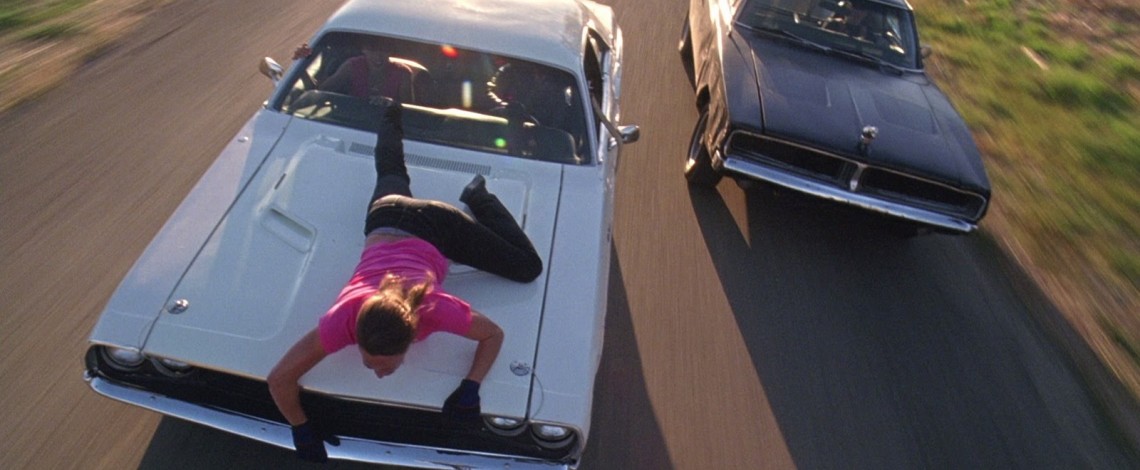Opening Acts highlights the best pieces of writing on film, television, and literature published around the Internet. Please share if you like what you see.
For your reading enjoyment …
Crossing borders at True/False 2015 by Scott Tobias. Tobias examines a trend of powerful political documentaries that straddle the line between art and politics at the True/False film festival.
“Time and again at this year’s True/False—a steadily growing, decade-old festival dedicated to non-fiction films—there was ample proof that the goals of pursuing social justice and creating great art needn’t be either/or propositions, or in any way working in opposition.”
‘Unbreakable Kimmy Schmidt,’ ‘Parks & Recreation,’ ’30 Rock’ & The Triumph Of Feminism In TV Comedy by Oliver Lyttelton. Lyttelton chronicles the progression of feminism in television comedy.
“But as the sexual revolution came in the 1960s, a more varied collection of women could be seen on screen, not simply reduced to mothers, homemakers or sexual objects — think “The Mary Tyler Moore Show,” a key influence on Fey & Carlock’s previous show, “30 Rock,” or “Laverne & Shirley”).
Death Proof – Hold Tight by Michael Koresky. Koresky argues that Death Proof is the most misunderstood film in Quentin Tarantino’s filmography.
“Story creates the shape of these films, but Tarantino’s 2007 film Death Proof is all shape and no story. Its oddness—in texture, structure, narrative, and character—may account for its being the lowest-grossing, least discussed, and perhaps most misunderstood work in the director’s oeuvre.”
How Martin Scorsese and Thelma Schoonmaker Restored the Luster of Michael Powell and ‘The Tales of Hoffman’ by Anne Thompson. Thompson interviews Thelma Shoonmaker about her and Martin Scorsese’s restoration of Michael Powell’s The Tales of Hoffman.
“Editor Thelma Schoonmaker, who has collected three Oscars (“The Aviator,” “Raging Bull” and “The Departed”) shares with Martin Scorsese, her collaborator on 22 movies over three decades, an infectious enthusiasm for the movies she loves.”
The Odd Couple’s odd couple has endured while the details get forgotten by Tasha Robinson. Robinson writes about the dark complexities of the original adaptation of Neil Simon’s classic play.
“There are plenty of bleak, black comedies in the cinematic landscape, but few start out as bleakly (on paper, anyway) as The Odd Couple, Neil Simon’s Tony-winning Broadway play about a neat-freak and a slob who make a brief, mutually painful stab at living together.”



















